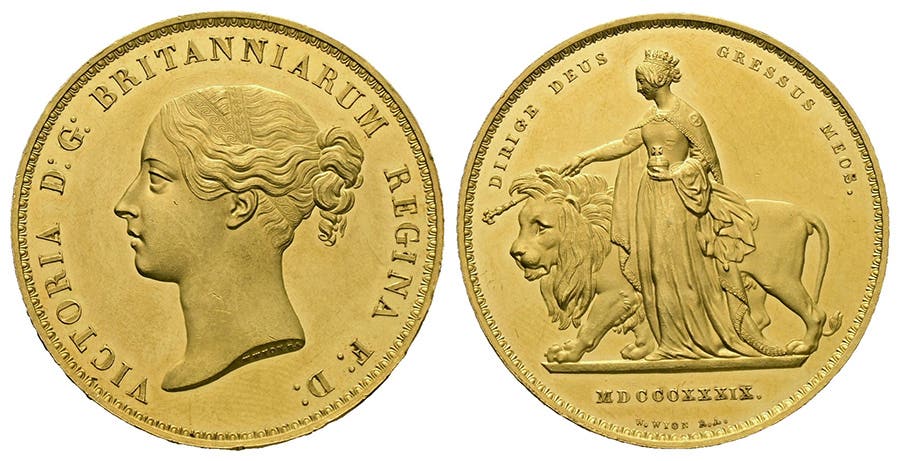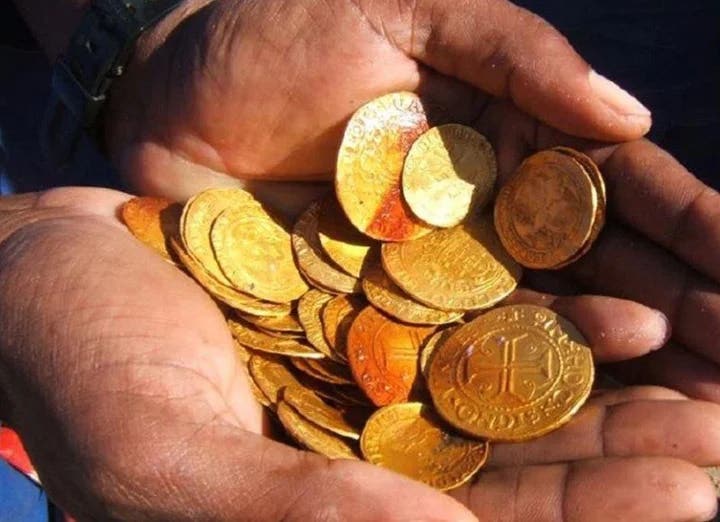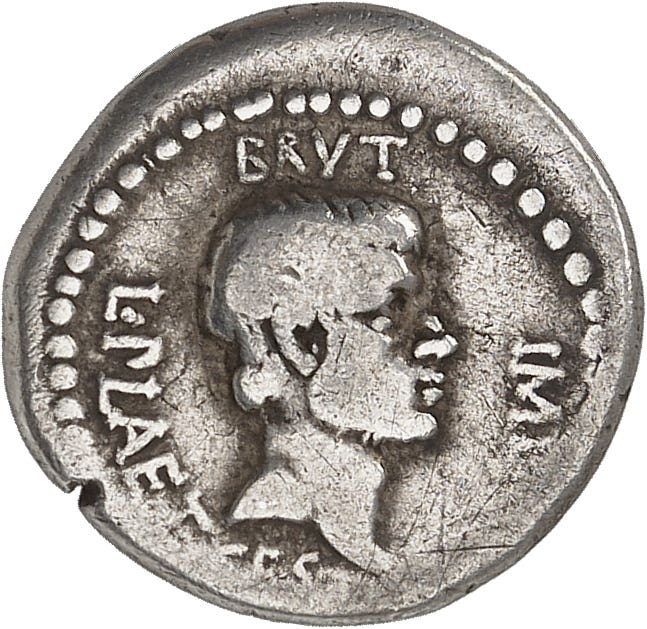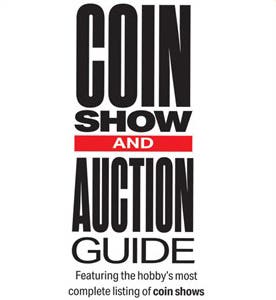Cash is still king- for terrorists
The Rand Corporation recently released a 99-page report on three areas of terrorist financing. These address receipt, management, and spending. One of the conclusions of the report is that privacy…
The Rand Corporation recently released a 99-page report on three areas of terrorist financing. These address receipt, management, and spending. One of the conclusions of the report is that privacy coins are conveniently private when storing wealth. Privacy coins are also difficult to penetrate when used correctly. It is the liquidity of private coins limited by the prevalence of centralized exchanges that continues to make physical cash more desirable to these groups.
The Rand Corporation is a nonprofit global policy think tank founded in 1948 by Douglas Aircraft Company to service the U.S. Armed Forces with research and analysis. Today the Rand Corporation is funded by the U.S. government as well as by corporations, private endowments, universities, and by private individuals.
According to Terrorist Use of Cryptocurrencies, Technical and Organizational Barriers and Future Threats, “Large receipted sums are difficult to manage or spend anonymously, and cryptocurrencies still require infrastructure to manage and spend.”
The lengthy report continues, “We see little current evidence of the adoption of cryptocurrencies by terrorist organizations or the motivation to do so, but that very well might change as countermeasures shut off funding and as the cryptocurrency technology changes.”
A key to the conclusion drawn by the book’s authors—Cynthia Dion-Schwarz, David Manheim, and Patrick Johnston—reads: “In particular, factors that tend to discourage use include continued instability and infighting in the cryptocurrency community, cooperation between international law enforcement and the intelligence community, and developments in regulation and enforcement.”
The Rand Corporation report concludes terrorists as well as anyone laundering money still overwhelmingly prefer physical cash rather than Bitcoins.
The fact that terrorists prefer coins and bank notes rather than cyber money is hardly a compliment to anyone who is resisting the trend towards a totally cashless society. The report does, however, show why the entire world has not quickly embraced the cashless concept. As uncomplimentary as it may be it is the “instability and infighting” rather than a desire for physical cash that may be slowing nations considering embracing the cashless society concept.
Instead Dion-Schwarz, Manheim, and Johnston found that no single cryptocurrency offers the six features terrorist groups need most in a currency: “Anonymity, usability, security, acceptance, reliability, and volume.”
Their report gives “little indication” of any “extensive or systematic way” for the mass use of cryptocurrency. Instead the report identifies banks, physical cash, and hawala networks (brokers who transfer money from one individual to another without any physical cash transfers) as the culprits. This is nothing more than a money lending honor system.
The report also indicates the terrorist group ISIS storing large amounts of physical cash with which to fund itself, although the report says this is a reason the group may be considering alternatives to cash.
It appears cash is still king, but not necessarily for a good reason. The United States and Canada no longer issue or encourage circulating $1,000 bank notes, partially due to the underground economy. High value bank notes issued by the European Union and by Switzerland are under fire due to the same arguments being posed by law enforcement.
One of the problems associated with electronic transfers rather than using physical coins and bank notes is a lack of privacy, but this lack of privacy obviously isn’t always something desirable.
As an April 2 CNN.com editorial put it, “Central banks would probably have preferred the report conclude otherwise regarding crypto, but ultimately it is the money issued by banks themselves, and the situations created by the intersection of foreign policy and monetary policy, that foster the most terrorism.”
This article was originally printed in World Coin News. >> Subscribe today.
If you like what you've read here, we invite you to visit our online bookstore to learn more about Standard Catalog of United States Paper Money.








